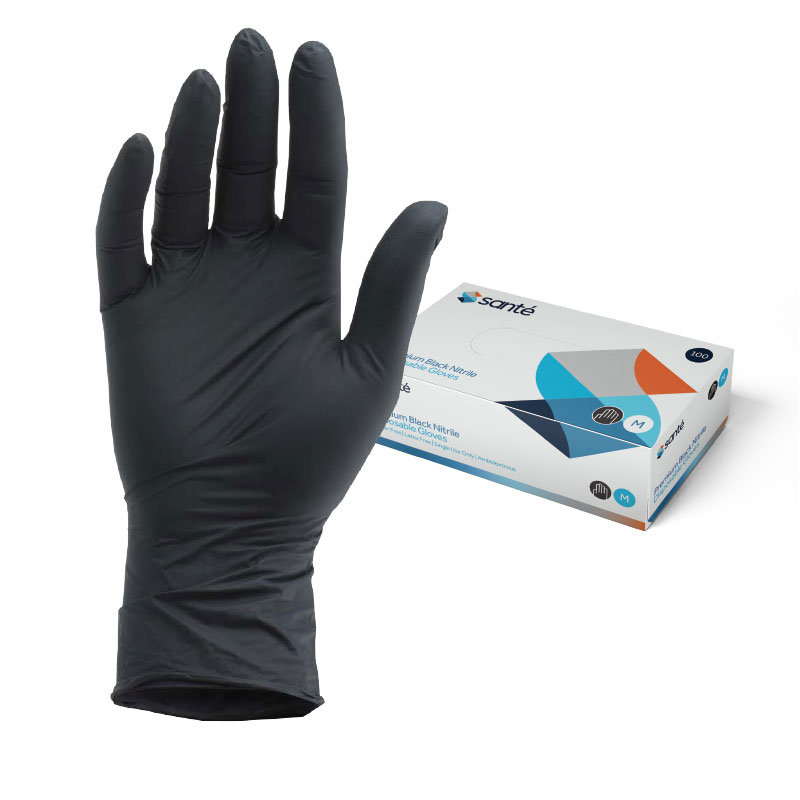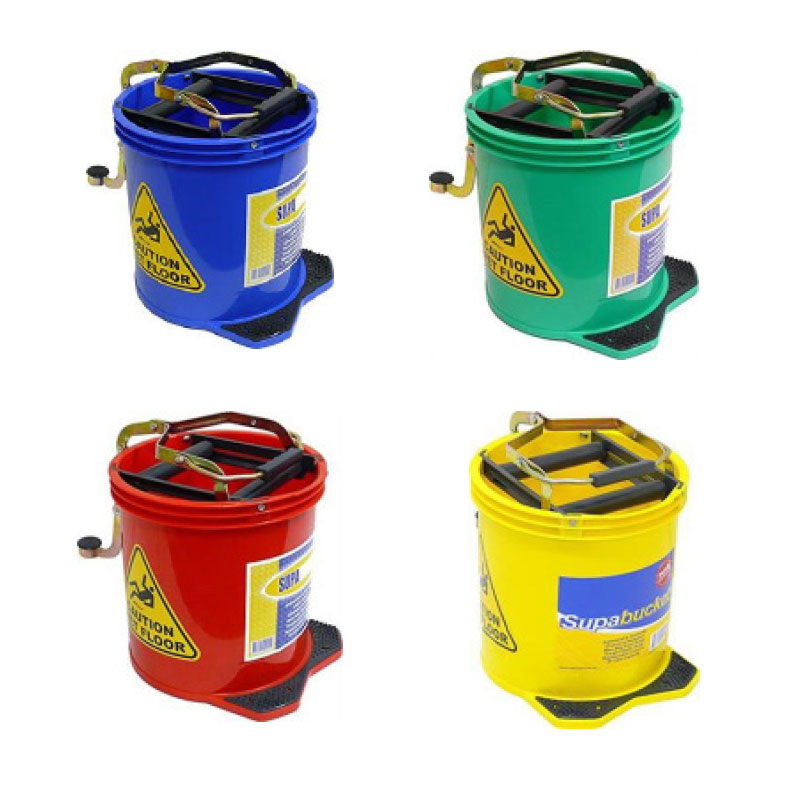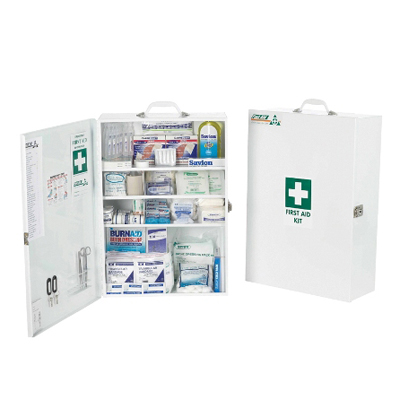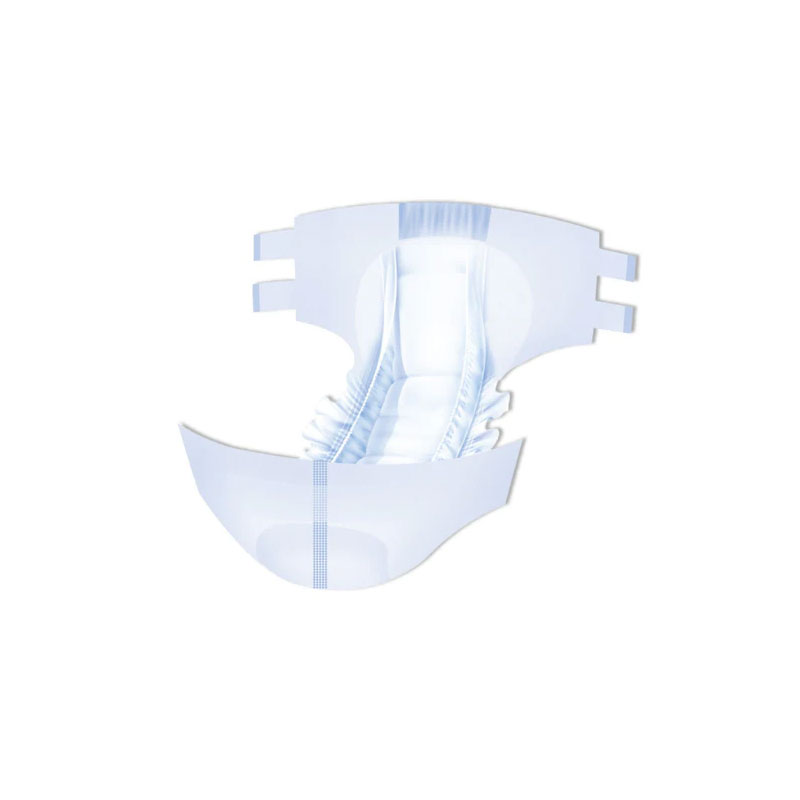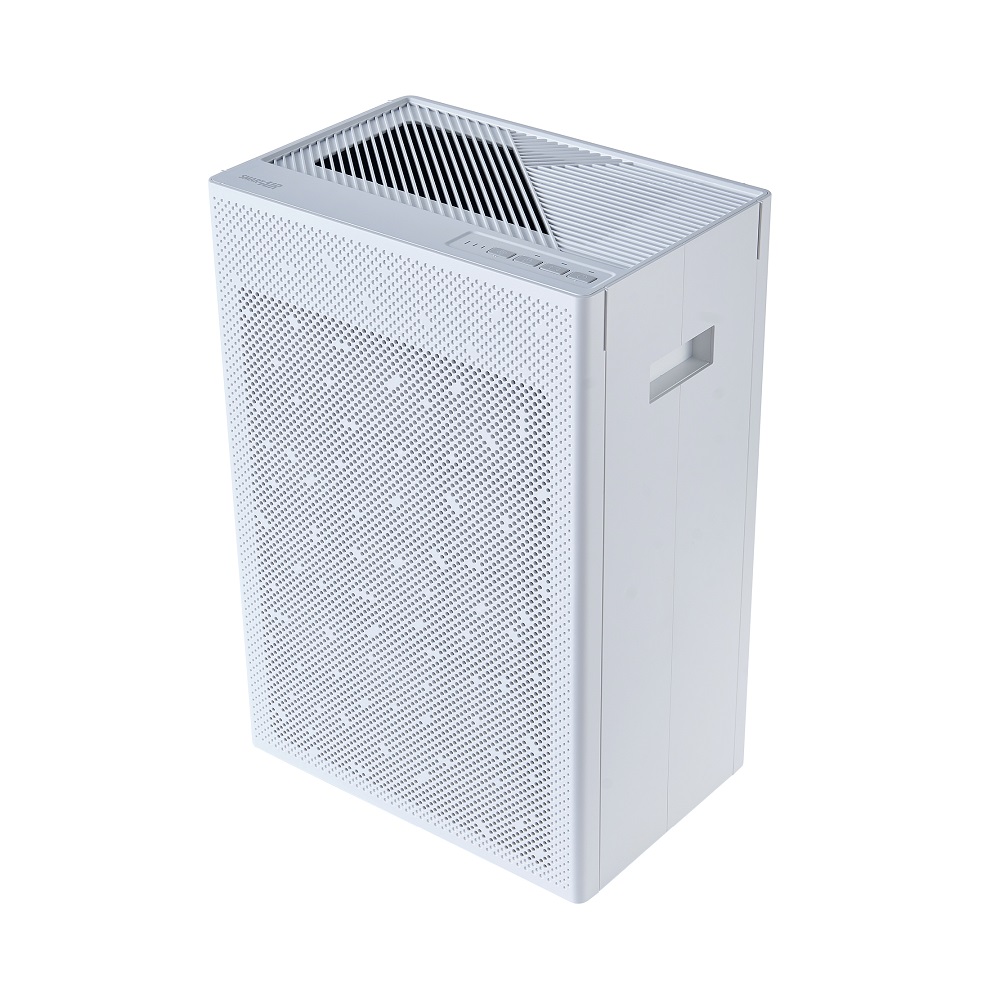Do COVID Tests Still Work for the New Variants?

Global health authorities are monitoring two newly identified variants, both of which stem from Omicron.
The “Pirola” variant, officially designated BA.2.86 and first detected in Israel, has surfaced in at least four U.S. states by August 30, as reported by the Centers for Disease Control and Prevention (CDC).
Another variant, informally named “Eris” or EG.5, has become the predominant strain in the U.S., constituting 21.5% of COVID-19 infections as of September 2, according to CDC data.
(Updated 23/1/2024) More recently, the JN.1 Covid variant is currently responsible for 62% of all instances of SARS-CoV-2.
Sadly, this trend will more than likely be repeated in Australia.
Do Current COVID Tests Detect New Variants?
There’s confidence that existing COVID tests will effectively identify Eris and Pirola cases.
This assurance stems not only from the fact that these variants are descendants of Omicron but also from the strategic design of the tests.
The initial COVID test targeted a less mutable part of the virus, considering the inevitability of its ongoing mutation. As new variants like Eris and Pirola emerge, health authorities diligently assess their impact on test specificity.
Simply put, rapid antigen tests detect the surface proteins that are different than the spike proteins that differentiate the new strains.
Proper Testing Protocols
The CDC has issued guidelines regarding when and how to conduct COVID testing:
For individuals with symptoms:
-
- Immediate testing is recommended.
-
- Opt for a PCR test if conducting only one test, given their higher reliability.
-
- In case of a negative result from an antigen test, re-test after 48 hours.
For those exposed to COVID without symptoms:
-
- Wait for 3 – 5 days post-exposure before testing.
-
- Choose a PCR test if opting for a single test.
-
- In the event of a negative antigen test result, re-test after 48 hours.
-
- If the second antigen test is negative, wait an additional 48 hours before taking a third antigen test.
Adhering to these testing protocols enhances the likelihood of obtaining accurate test results.
Do Expired Tests Still Work?
The Therapeutic Goods Administration (TGA) advises against using expired rapid antigen tests (RATs). However, numerous RAT manufacturers have prolonged the approved shelf-life of their tests through updated stability testing. These extensions are documented on the TGA’s website, offering details on the ratified shelf-life of RATs.
COVID vs the Holidays
With the holiday season swiftly approaching, and potential gatherings with vulnerable family members looming, it’s crucial to acknowledge that COVID continues to affect our communities. If you exhibit symptoms, particularly if you’ve been exposed, it’s essential to take responsibility and get tested, especially when planning to be around individuals at a higher risk of severe illness.
